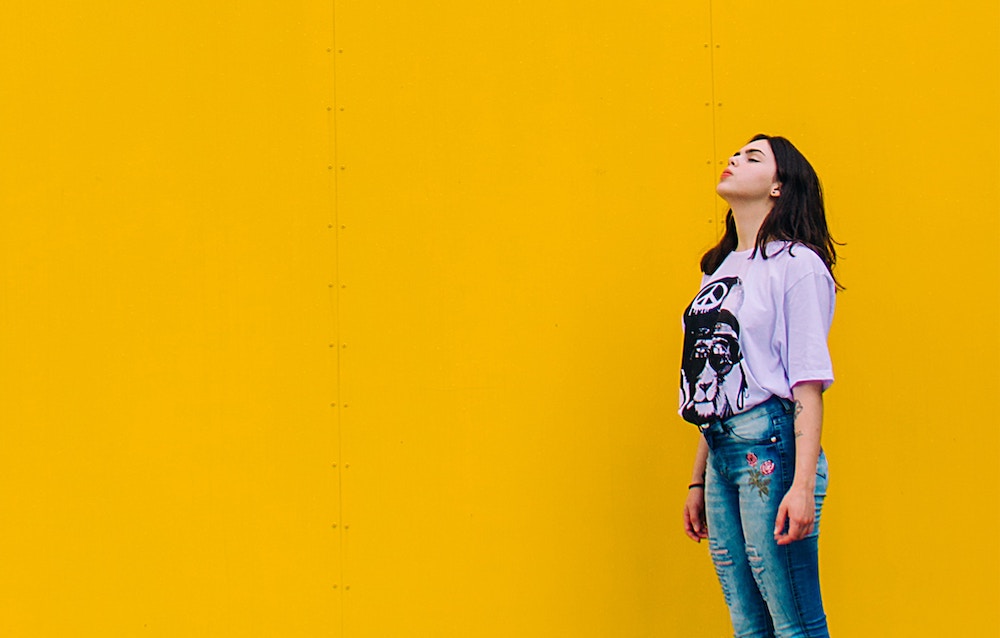
What is unconscious bias?… am I biased?
We are all biased in one way or another, whether we realise it or like to admit it.
Maybe you’ve heard of the term ‘unconscious bias’ and maybe you haven’t. But as we’ll get to talking about, unconscious biases can have a negative effect on equality, diversity, interpersonal relationships and inclusion within our society. So in light of all that, it’s pretty important that we all work to uncover our own unconscious biases.
But what is bias anyway? And, how do we know when it’s unconscious?
Bias is a prejudice in favour of or against something, in a way that is considered to be unfair. It could be a prejudice related to a thing, a person or a group.
One of the most common biases is affinity bias – in which we find ourselves getting along with people who are like us, or who we perceive to be like us. While that’s not harmful in itself, we can learn an awful lot from people who are not like us.
Conscious vs unconscious bias
Unconscious bias is the bias you are unaware of, very simply.
It is a result of the unconscious categorisation that our brain performs without us even realising. Your brain is evolutionarily designed to categorise a range of stimuli in a matter of milliseconds. It can also stem from personal experiences, especially traumatic experiences.
For instance; your whole life you may have been presented with images of pilots being male. When told a story about a pilot, you might create an image of a male pilot in your mind. This can occur before you even have a chance to consciously think.
Interestingly, unconscious bias can even be contrary to the beliefs and values you actually hold. You might actually think that women can do any job a man can do.
Conscious bias is one that you are aware that you hold. A person with a conscious bias may make this known through their words and behaviour.
The science behind it
Unconscious bias has been scientifically researched many times. There is even an online instrument to assess unconscious bias, called the Implicit Association Test.
Test your own unconscious bias here.
Some of the research on unconscious bias has included:
- Fictitious resumes sent in response to job advertisements were 50% more likely to receive a call back if the name on the resume was ‘White-sounding’, compared with ‘African-American-sounding’ (Bertrand & Mullainathan, 2004).
- Healthcare providers may make errors based on unconscious bias. For example, a doctor may see a tattooed and messy looking patient who smells of alcohol and disregard this patient’s chest pain because of assumptions about the patient’s lifestyle. Some weeks later, the patient is admitted to the Emergency Ward with cardiac arrest and it emerges that the patient has a family of heart disease (Kapur, 2015).
- A female was more likely to be hired for a laboratory manager position than a male. Additionally, the female would be offered a lower starting salary and less career mentoring. It was established that this was due to the gender-biased cultural message that women are less competent and hireable within the sciences (Moss-Racusin et al, 2012).
How can we stop our own, and others unconscious biases?
Be mindful and aware of your own thoughts. Learn your own unconscious biases.
Imagine you’re feeling upset but don’t know why. Just like you may take a moment to think about the thoughts that went through your head to cause the upset… think about your thoughts when you meet people or are presented with a situation.
When you encounter an international student, are you doing or not doing something that you might do with an Australian (domestic) student? It doesn’t feel nice to admit, but maybe you act on the assumption that they aren’t intelligent because they cannot speak fluent English? Logically, you know this isn’t true and for all you know, they could speak five languages!
When you think about a happily married couple, does your brain automatically paint a picture of a man and a woman? Switch it, consciously think it out as two women or two men. Your brain can be trained.
Just take a moment to think about situations like that, and consider why it is that you think or do certain things.
Be willing to accept that maybe you have some assumptions about certain types of people that are wrong. Be willing to accept that you might not like what you find.
Consider calling it out. Speak out.
Remain respectful at all times. However, if you notice someone around you might be acting on their unconscious biases, consider bringing it up. If someone is coming to a realisation of their unconscious biases, don’t lash out at them for their words or actions prior. Remember that you too have your own biases. Be willing to talk about it, with education and progress in mind. Keep in mind that we all do this.
Here’s a great TED Talk about unconscious bias and some ways to overcome it:
If you’re finding yourself stressed out trying to uncover everyone else’s unconscious biases for them, just take a breath. Just focus on yourself and your own behaviour for a little bit. Prioritise each situation as it comes to you – pick your battles.
We can manage our self-care, emotional and mental load, and call out biases at the same time!
If this has raised issues for you, remember that UNE offers
free counselling to all students – on-campus and online.
If you need urgent counselling, you can phone or text the UNE After Hours Crisis Support Line (1300 661 927 and 0488 884 169) or call Lifeline (13 11 14).
You can also come and talk to us here at Advocacy & Welfare or see here for more
support services available. You’re never alone at UNE.


